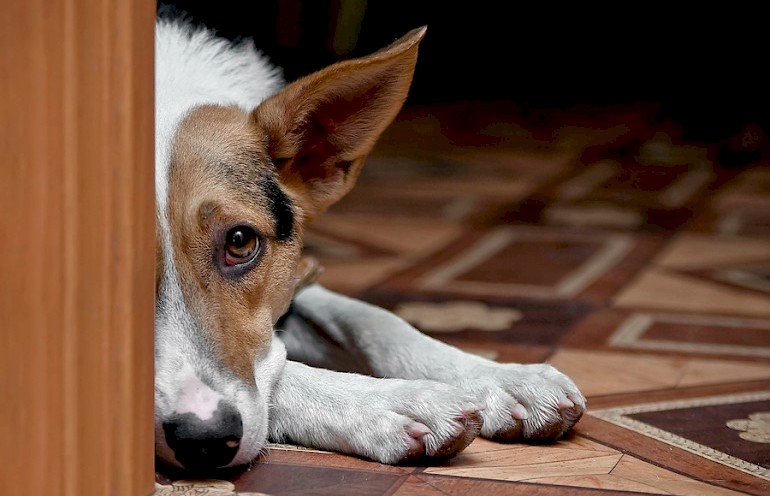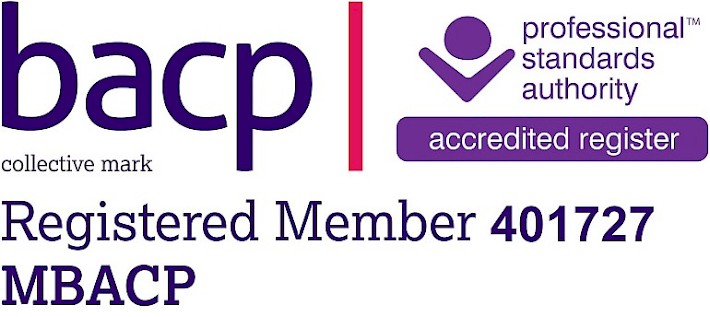Supporting A Grieving Pet
Posted: 9 February 2016

When a pet dies it is not uncommon for other animals in the household to show signs of grief and mourning. Many of us will have witnessed this for ourselves with our own companion animals. Stanley Coren describes in an article in Psychology Today the grief and pining he witnessed when one of his two dogs died “In my own home, I saw the heartache and sorrow that the loss of a loved one could bring to a dog when my cherished Flat-coated Retriever, Odin, died.”
Research has shown that if possible it can be very helpful to allow any other pets to see their deceased companion. In some cases this practice can significantly reduce the tendency to search for the dead pet (particularly in cats).
The symptoms of grief that an animal may display will often mirror the same symptoms found in humans and as with humans the responses can be individual and varied. General indictors to look out for can include:
- Loss of appetite
- Lethargy
- Whimpering or crying.
- Searching for their missing companion, in the house or garden.
- Excessive grooming
- Reluctance to engage in usual activities
While being aware of these potential signs of grief, it is also important to be sensitive to any behavioural changes. The impact of the loss may create a sense of vulnerability and loss of confidence. In the same way that our world may feel rocked and out of control so may that of our companion animal(s). We can support our pet through this time in a number of ways:
- Patience – a grieving animal may display uncharacteristic behaviours. They may seem disobedient to familiar commands or a normally well housetrained pet may occasionally toilet indoors. It can be easy to slip into impatience as we may feel our pet knows better, however, it is very important to show patience and kindness. Manage the situations by rewarding the appropriate behaviour rather than punishing the inappropriate. It is helpful to understand that this is more than likely a symptom of their grief and will be temporary. However, should such symptoms go on for too long it is wise to consult a vet as they may be a sign of an underlying illness.
- Sticking with the usual routines – Keeping a sense of continuity and routine will help an animal feel secure. Whether the deceased pet was a close companion or a seemingly detached other member of the household, the loss will have created a potentially big change in the dynamics. Keeping things as familiar as possible will help.
- Acceptance – It is important (and at times difficult) to accept the grief of our other pets. It is an instinctive desire to want to ‘fix’ their pain, it can feel very difficult to have experienced one much loved animal die and then to see other suffering through grief. Although we can support them, it is important to remember that they need time to adjust and to go through the process in the same way we do. In her article Helping A Dog Through Loss, Patricia McConnell suggests that talking to the other pet acknowledging their pain and the reality of the loss can sometime be very beneficial: “ I’ve heard many stories of dogs changing their behavior after someone sat down with them and said “Chief is gone and won’t be coming back. I am very sad about it and I think you may be too.” Although the pet cannot understand in the way a human can, this act of verbal acknowledgment may be actually be very significant and therapeutic for the owner which in term has a knock on effect on their pet. “
- Give your pet extra attention – grooming, massaging or stroking can be very comforting for both pet and owner. It is important to remain aware of our own emotional state when doing this and try to see this as a time of positive love rather than focusing on the sadness of loss.
Another very relevant factor is our emotional state. Animals are very sensitive to the feelings of their owners and in the event of a loss in the household the grief of the owner and any subsequent changes in their behaviour can have a profound effect on their other pets. This is inevitable and not something for us to feel guilty about, however, being aware of this can help to recognise what is occurring. To help in this situation we can:
- Allow ourselves space to grieve – Animals will always be able to pick up on their owners feeling so while it is not necessarily very effective to try and hide their grief it can make a difference to allow space to express it either through counselling or a personal means of expression such as writing or art. Being gentle and kind to ourselves at this time will help minimize any internal conflict.
- Try not to project our own feelings onto our pet – It can be easy to fall into the trap of imaging that other pets are feeling sad because we do. We may find ourselves gazing at them or pointing them out to friends as looking sad or depressed. While this may be the case, the extra scrutiny can in itself be a cause of stress and create a despondent reaction in an animal.
- Respect that we all experience death differently – Some animals will respond to the death of a companion very obviously and some may not appear to have even noticed. It is important to accept any reaction with non-judgement. It can feel hurtful for a grieving owner to see their pet apparently being completely unaffected by the death of their companion. However, as with humans we all grieve in our own individual ways.
Overall applying the same patience, kindness, and acceptance to animals that would be applied to a grieving human is the best approach. Offering additional support with alternative therapies such as homeopathy or aromatherapy may be helpful. As with humans should any symptoms be particularly extreme or continue for a longer than expected time frame it is wise to seek medical advice.



